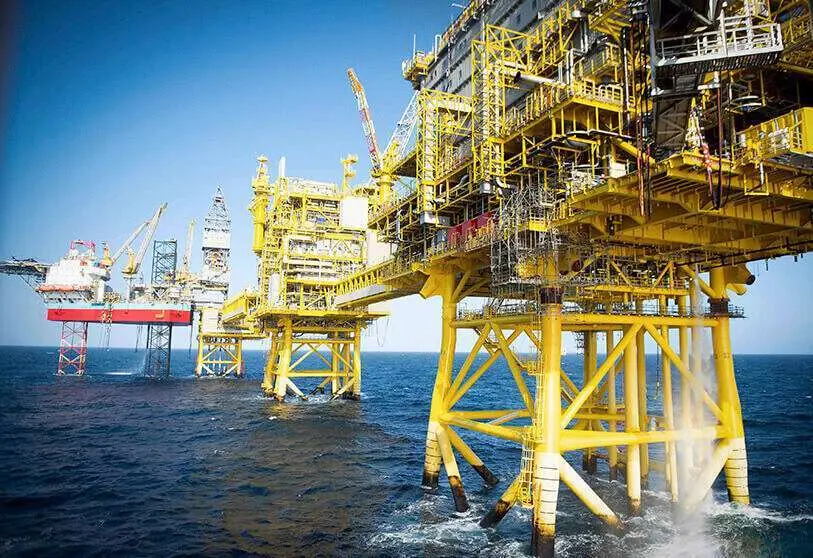Europe turns to UK and Nordics to circumvent Russia's crude oil purchases

Europe is looking for alternatives to Russian oil after enacting sanctions on imports from the Urals. The decision by the 27, along with punishing Russian coal, came a few days after the Bucha tragedy in the Kiev metropolitan area was uncovered.
In order not to favour the Russian market, many European countries are buying crude oil from North Sea refineries. According to data from Bloomberg, which monitors crude oil trades, the Baltic countries have this month bought all the oil cargoes from the Forties and Johan Svedrup refineries, offshore operations of Exxon Mobile and Equinor.
The Johan Svedrup refinery has been producing crude oil since October 2019, and according to company information produces 535,000 Brent barrels per day, with very low C02 emissions. Equinor, the Norwegian operator with the majority stake in the field, expects production to increase to 720,000 barrels of Brent per day by the end of 2022.

The Forties oil field, located offshore Aberdeen, UK, produces 450,000 barrels per day. Exxon Mobile boasts high quality crude in its media, promising a sulphur percentage of 0.82% and an API gravity of 39.1 points.
Both oil fields used to sell their cargoes to Asian countries, according to Bloomberg data, before the war in Ukraine caused this shift and Europe positioned itself as a new customer.
As monitored by Bloomberg's tanker-tracking service, some of the world's largest tankers, the Hong Kong-flagged Landbridge Horizon, carried out several routes between Norway, Sweden and European countries such as the Netherlands and Poland during April.
Despite this increase in trade, the political authorities in Scotland, on the coast of which the Forties field is located, are not so optimistic. Scotland's First Minister, Nicola Sturgeon, assured the Scottish Parliament that in the short term the supply options from the North Sea are not sufficient to replace the exchanges that used to take place with Russia.
According to Sturgeon, it will take years to open and operate oil plants in the North Sea for Europe and the West to have a similar rate of imports as in the past.
The UK, which is also looking for energy alternatives, is caught at a crossroads that could lead it to either abandon its green claims in its long-term energy policy, or see prices in the household basket become even more expensive because of the energy crisis.

Already at the beginning of the war, Europe's largest oil company, Shell, made a big bet on North Sea oil. Shell even went so far as to buy Brent above its price in the first week of March to secure supplies, as it was one of the first companies to stop trading with Russia.
For its part, Russia has found new customers for its raw materials in countries that have not condemned Russia's invasion as strongly as the US or the EU. Some emerging economies such as India have made very profitable deals to buy the materials that Russia is no longer able to export to other markets as a result of vetoes and sanctions.









